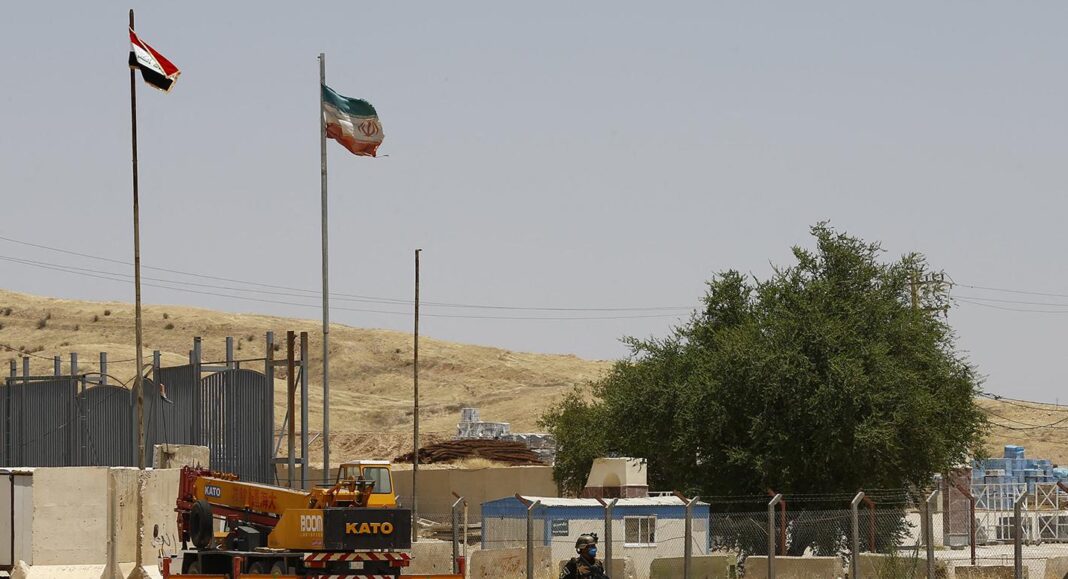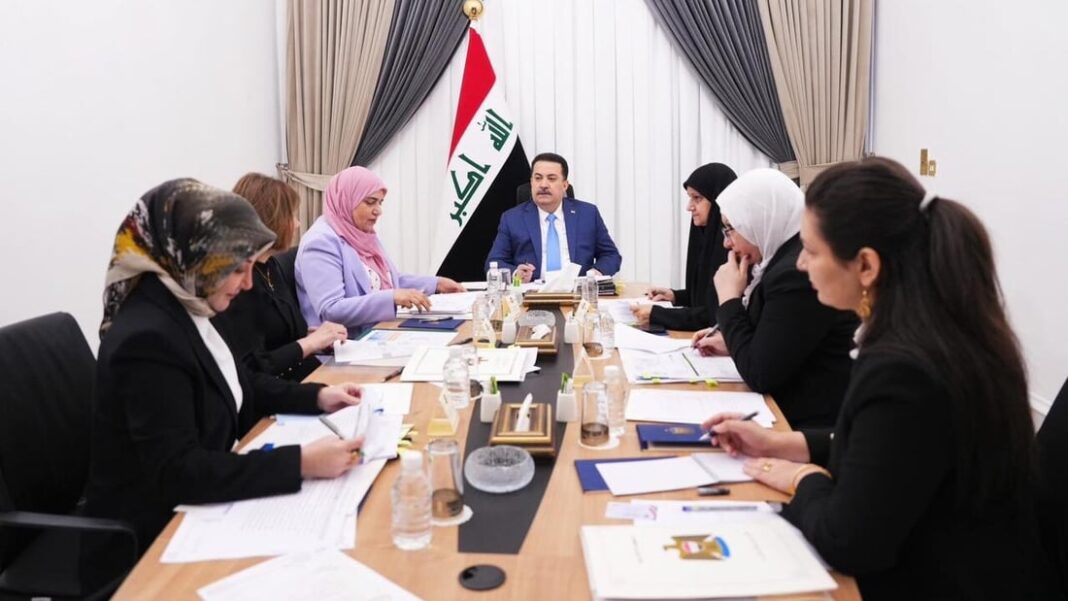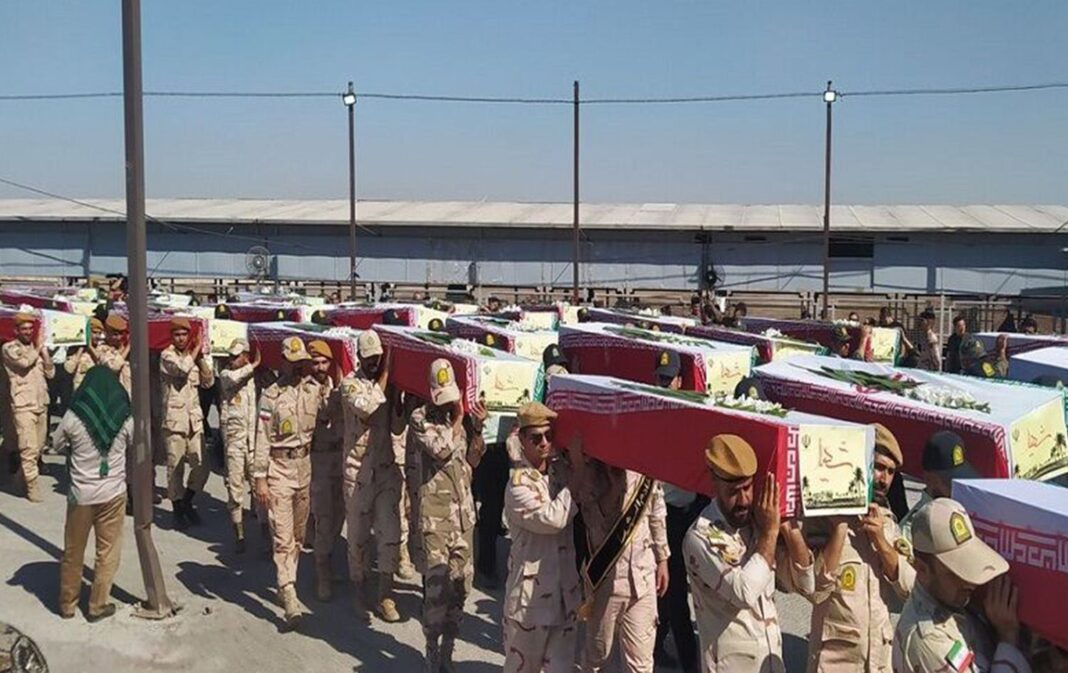Iraq-Iran border crossing discussions took a major step forward this week. An Iraqi government delegation, led by the head of the Border Ports Authority, traveled to Iran. Their mission was to inspect and plan a new crossing near Maysan governorate.
The proposed site lies approximately 30 kilometers from the Iranian city of Ilam. During the visit, the delegation held multiple meetings with Iranian officials. They also conducted a joint field inspection of the location known as Ali al-Gharbi, or Jalat.
Moreover, the teams discussed the necessary legal steps to move the project ahead. The Border Ports Authority confirmed that coordination will continue through diplomatic channels. This approach ensures smooth progress and adherence to formal procedures.
The authority explained the visit followed Prime Minister directives. He called on government heads to maintain field presence. This approach helps them oversee their teams directly, resolve issues quickly, and serve citizens better. It also aims to facilitate trade exchanges between the countries.
On October 2, the delegation met with key Iranian leaders. Specifically, these included the governor of Ilam Province and Iran’s ambassador to Iraq, Mohammad al-Sadiq. Moreover, the meetings took place in Dehloran, Ilam Province. As a result, both sides agreed to form a joint technical committee. This committee, in turn, will start legal procedures to establish the Ali al-Gharbi–Jalat crossing.
In addition, the delegation also toured the proposed site. They reviewed the terrain and access routes on both sides of the border. This thorough inspection will guide future infrastructure and security plans.
Currently, Iraq shares a 1,600-kilometer border with Iran. Importantly, this border includes nine official crossings. Among these are Shalamcheh, Mehran/Zurbatiyah, and regional gateways like Parwiz Khan and Haji Omaran in Kurdistan.On October 4, the delegation visited Iran’s Khuzestan Province and the Arvand Zone. Iranian authorities invited them to this visit. Senior customs and provincial officials accompanied the Iraqi delegation. During the visit, they signed several memorandums. These agreements outline cooperation procedures and frameworks for the future.
The Border Ports Authority said these agreements will strengthen trade relations. They also emphasized alignment with World Trade Organization requirements. Overall, the new Iraq-Iran border crossing project reflects deepening collaboration and mutual economic goals.



